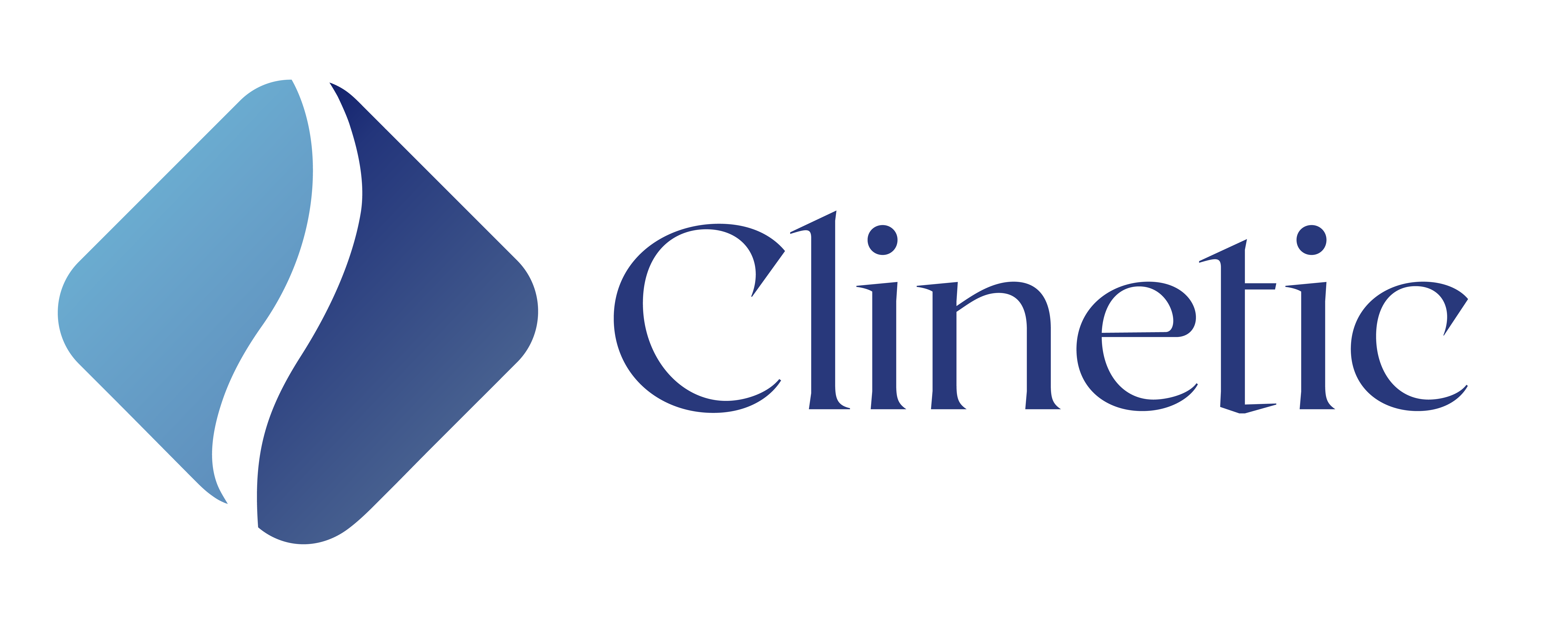PRIVACY POLICY
Clinetic is committed to collecting, using and disclosing personal information responsibly and only to the extent necessary for the provision of safe and effective service. This document describes our privacy policies.
WHAT IS PERSONAL INFORMATION?
Personal information is information about an identifiable individual. Personal information includes information that relates to their personal characteristics (such as age, home address, phone number, family status), their health (such as health history, health conditions, health services received by them) or their activities and views (such as opinions expressed by an individual, an opinion or evaluation of an individual). Personal information is to be contrasted with business information (e.g., an individual’s business address and telephone number), which is not protected by privacy legislation.
WHO WE ARE
Clinetic, at the time of writing, includes Manual Osteopaths, Naturopaths, Psychotherapists, and Chinese medicine practitioners. Clinetic uses a number of consultants and agencies that may, in the course of their duties, have limited access to personal information we hold. These include computer consultants, office security and maintenance, bookkeepers and accountants, credit card companies, website managers, cleaners and lawyers. We restrict their access to any personal information we hold as much as is reasonably possible. We also have their assurance that they follow appropriate privacy principles.
COLLECTING PERSONAL INFORMATION: PRIMARY PURPOSES
Like all registered health professionals, we collect, use and disclose personal information in order to serve our clients and provide safe and effective treatment. For example, we collect information about a client’s health history, including their family history, physical condition and function and social situation in order to help us assess what their health needs, to advise them of options and then to provide the health services with their informed consent.
THE COLLECTION OF PERSONAL INFORMATION: RELATED AND SECONDARY PURPOSES
Like most organizations, we also collect, use and disclose information for purposes related to or secondary to our primary purposes. The most common examples of our related and secondary purposes are as follows:
• To invoice clients for goods or services, to process credit card payments.
• To advise clients and others of events or opportunities (e.g., the offering of a new service, the arrival of a new practitioner).
• Clinetic is allowed or may be required to use and/or give out some of your personal information without your consent in situations as required by law. These situations include legal proceedings, criminal investigations, medical emergencies, and serious medical situations such as reporting certain types of abuse to the authorities.
• Clinetic is also required to release private health information for the purposes of peer assessment. Peer assessments are done with all Massage Therapists in the province on a regular basis, to ensure we are providing quality care and following all regulations. The assessor is also a Manual Osteopath and required to keep all information learned in the assessment confidential, except for required reporting to the College of Osteopathy in Ontario.
• In addition, external consultants (e.g., auditors, lawyers, practice consultants, voluntary accreditation programs) may on our behalf do audits and continuing quality improvement reviews of our Clinic, including reviewing client file.
• In addition, as professionals, we will report serious misconduct, incompetence or incapacity of other practitioners, whether they belong to other organizations or our own.
• Clients or other individuals we deal with may have questions about our goods or services after they have been received. We also provide ongoing services for many of our clients over a period of months or years for which our previous records are helpful. We retain our client information for a minimum of ten years after the last treatment in compliance with our regulatory standards.
• You can choose not to be part of some of these related or secondary purposes (e.g., by declining to receive notice of special events or new services). However there are certain disclosures of personal information which may not be avoidable (such as our clinic’s mandatory compliance with regulatory bodies, or in the case of legal proceedings).
PROTECTING PERSONAL INFORMATION
We understand the importance of protecting personal information. For that reason, we have taken the following steps:
• Electronic hardware is either under supervision or secured in a locked or restricted area at all times. In addition, passwords are used on computers.
• Paper information is transmitted through sealed, addressed envelopes or boxes by reputable companies.
• Electronic information is transmitted either through a direct line or is anonymized or encrypted.
• Staff/practitioners are trained to collect, use and disclose personal information only as necessary to fulfill their duties and in accordance with our privacy policy.
• External consultants and agencies with access to personal information are expected to comply with our privacy standards.
RETENTION AND DESTRUCTION OF PERSONAL INFORMATION
We need to retain personal information for some time to ensure that we can answer any questions you might have about the services provided, and for our own accountability to external regulatory bodies. However, we do not want to keep personal information for longer than necessary. We destroy paper files containing personal information by shredding. We destroy electronic information by deleting it and, when the hardware is discarded, we ensure that the hard drive is physically destroyed.
YOU CAN LOOK AT YOUR INFORMATION
With only a few exceptions, you have the right to see what personal information we hold about you. We will also try to help you understand any information you do not understand (e.g., short forms, technical language, etc.). We may need to confirm your identity, before providing you with this access. We reserve the right to charge a nominal fee for such requests, including copying of files, when necessary. We may ask you to put your request in writing. Some exceptions may apply. For example, when the information relates to law enforcement, legal proceedings or another individual, you may not get to see the record. If you believe there is a mistake in the information, you have the right to ask for it to be corrected. This applies to factual information and not to any professional opinions we may have formed. We may ask you to provide documentation that our files are wrong. Where we agree that we made a mistake, we will make the correction and notify anyone to whom we sent this information. If we do not agree that we have made a mistake, we will include in our file a brief statement from you on the point and we will forward that statement to anyone else who received the earlier information.
FOR FURTHER INQUIRIES:
Our Privacy Officer, Emran Raees, can be reached at:
15 Lesmill Rd, Unit 7,
Toronto, ON M3B 2T3
Tel: 647-333-4135
Email: [email protected]
Our Privacy Officer will attempt to answer any questions or concerns you might have. If you wish to make a formal complaint about our privacy practices, you may make it in writing to our Privacy Officer who will ensure that it is investigated promptly and that you are provided with a formal response in writing. If you have a concern about our professionalism or competence, we would ask you to discuss those concerns with us.
For information contact:
Information and Privacy Commission Ontario:
2 Bloor Street East, Suite 1400 Toronto, ON M4W 1A6
Tel: 416.326.3333
Fax: 416.325.9195
Website: www.ipc.on.c

